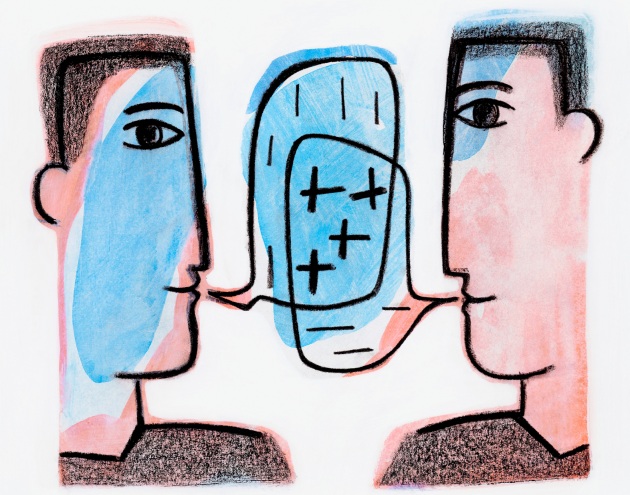It had never happened to me to end up in a place where I could not communicate everything I thought or felt. At the hospital Cottolengo, or in other facilities with disabled people, I happened to feel a bit uncomfortable, but then it passed away and i could communicate with gestures, sounds, caresses.
But in Albania I found myself in a totally different environment, as for culture, history and, above all, language. I felt close to my companions who arrived in the novitiate and came across a totally different world (in fact we come from four different nations!).
I was deprived of the use of language with ordinary people, in groups of young people in which they shared experiences, emotions and dreams. Fortunately there were people who translated: sisters, a boy or a girl, Father Zef … Someone was always with us to help us to participate, but personally I made a lot of effort.
The first obstacle was myself: I wanted at all costs to understand, to make myself understood, to show that I was there, I was there to be helpful to the other people. Result? A headache that drove me crazy, because it was impossible. And I’m a stubborn guy, if I want to succeed, I have to do it, at all costs. Instead I banged my head against a wall. It is not easy to accept one’s limit, to have the humility to be patient, not to get everything immediately. Also because the people was there to help you: some people spoke two words in Italian, some in English, someone taught me something in Albanian.
You have first to accept yourself to devote yourself. And at the end of the day language was not a priority of the experience of Lent.
The second obstacle was autonomy: if you know the language, you know what the people around you are saying, and you enjoy the speeches of the passers-by; If I had known the language I could have exchanged a few words with the guys at the college on how it goes, the school, the family … And instead there was the embarrassment of what to say, what I could understand and what I couldn’t; that difficult feeling of being “a stranger in a foreign land”. It seemed to me to experience what happens in my small village in the heart of Veneto when a stranger passes by: everyone turns and says “xhé foresto!” (= He is a stranger).
Fortunately, the ability to laugh about this situation, with the fathers and the Jesuits in formation, and with Cornel, my faithful companion of adventure, has helped me a lot; this has lightened the situation but also made me appreciate more those who, sent to this country, dedicate all themselves to master the language, to get closer to the local people.
I also learned a few words. At the Holy Mass the answers did not seem so weird to me anymore, I very much reconciled with myself and my non-understanding. Sometimes the problem is not so much the language, but how much you let the environment scratch you. Besides there are deep communications that are conveyed even by a gesture or a look.


Comments